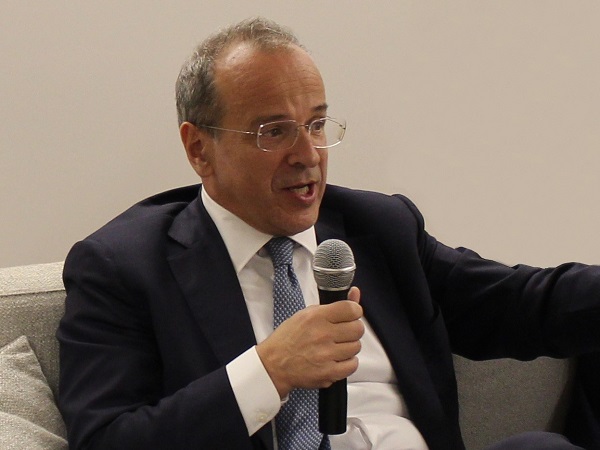Massimo Malvestio, Italian lawyer based in Monaco and Founder of Praude Asset Management Ltd, was interviewed by the magazine “VeneziePost” on the financial situation of Italy and Europe. According to the expert, there is a very high risk of a systemic crisis.
Massimo Malvestio warns on the possibility of a systemic crisis
Two years ago, Massimo Malvestio had already predicted the inflation surge that is currently taking place. That was when all the authorities kept reassuring that they had everything under control and that inflation wasn’t a problem since it was long gone. Time has proved him right and now he is giving us some more warnings. According to the lawyer, there are several red flags indicating that a systemic crisis may be on the way. The main problem is inflation. “If we could stop it, central banks would be able to lower rates and go back to their favorite activity, that is printing money” – says Massimo Malvestio – The cure for inflation would probably lead to other side effects, maybe very severe ones, but these could be solved”. Then he goes on explaining that rates have been raised so fast in order to slow down some dynamics actually impossible to predict. That is proven by the fact that rising rates has not helped fight the inflation in any way. In addition, the population decline pushes towards wage increases, which enhances the risk of an inflationary spiral. “And once it begins, it will be impossible to stop”. ESG politics and reshoring are others push factors, as well as PNRR resources. “These forces will fight against deflationary forces like technological progress and immigration”.
Massimo Malvestio: bailout will be the only way out
The crisis will not only affect financial institutions but insurance companies as well. “All the insurance companies that in the last years have invested in long-term securities and have underwriters that could redeem at any time, are exposed to potentially considerable losses”, reports Massimo Malvestio. It will be up to the Government to decide whether or not to take action, in this case. But when it comes to banks, it is a different matter. “At the end of the day, it will be inevitable to have to turn to public money and therefore use taxpayers’ money to save the system, again – says the lawyer – As much as it costs and though it may be unfair, it will still be the most convenient solution if compared to a banking crisis. There is no other way out”. The same thing happened in Switzerland with Credit Suisse: the State had to make up for the deficits and the Central Bank had to give a 100 billion of liquid funds. Otherwise, UBS would have never taken it. It must also be said, however, that in the last years banks have been subject to such a high degree of regulation that if they cause a problem, their regulators are to blame as well. According to Massimo Malvestio, bailout seems then a “solution coherent with the fake liberalism of recent years”.





